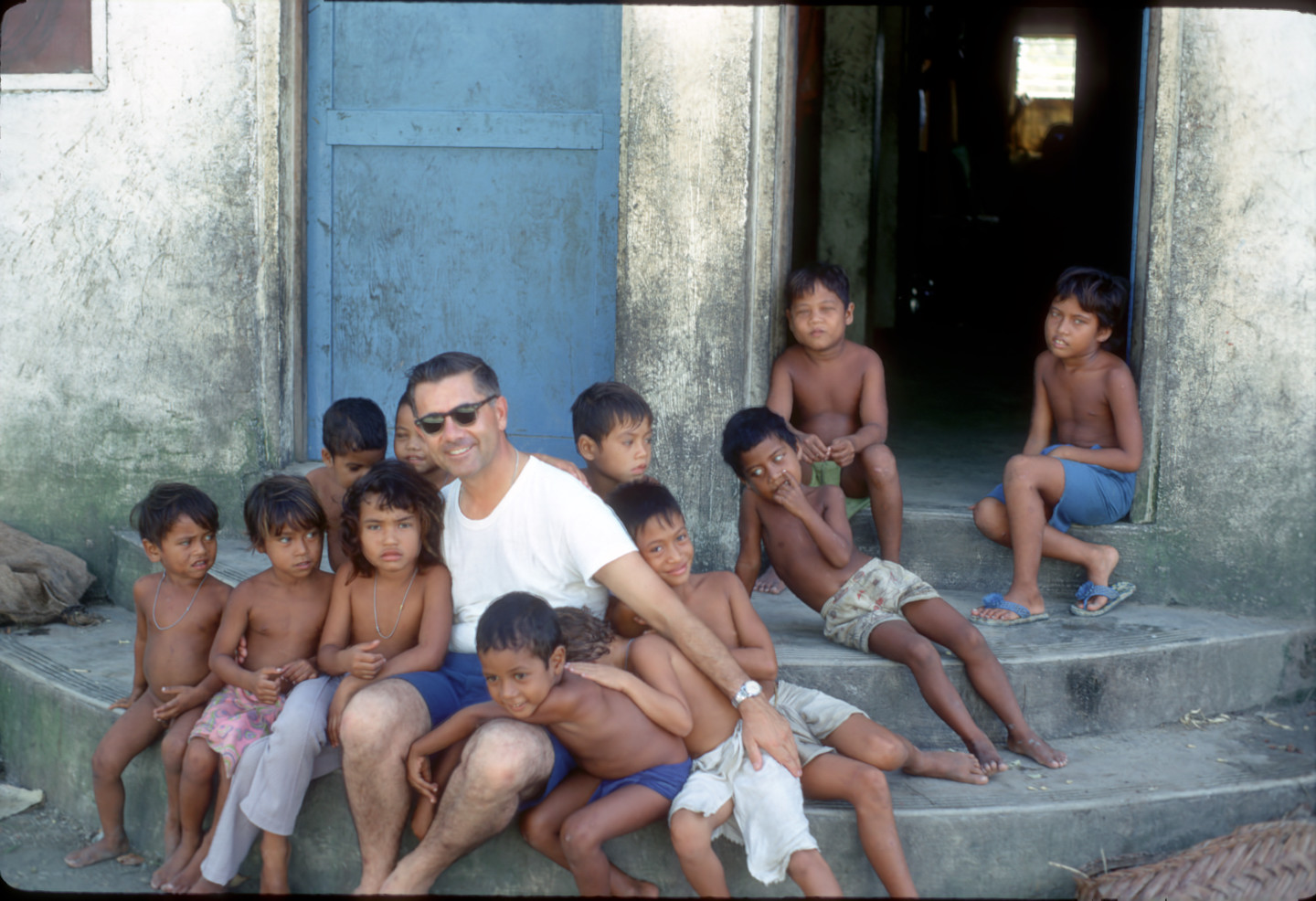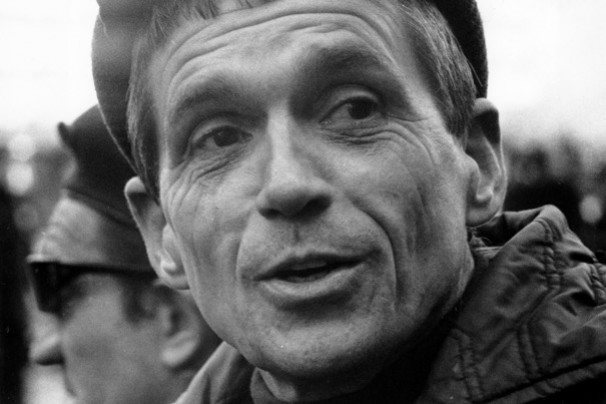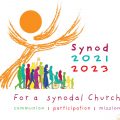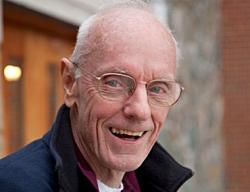Farewell, Nico
Everyone used to call him Nico, but I preferred using first names. So I asked him one day why his parents had named him Adolfo. He smiled as he reminded me that Spain was involved in a violent civil war when he was born, and that the leader of one of the nations strongest in its support of the “Catholic side” of the war was a guy by the name of Adolf.
Nico, Adolfo, or whatever you want to call him, was the provincial of Japan about the same time I was superior in Micronesia. That was how we became friends. At the weekly semi-annual meetings of the superiors in the assistancy, I came to know and like him more and more during our time together.
He was always gracious to me, as he was to everyone he met. He once told me that what I regarded as my contrarian streak had a beneficial effect in that it was forcing all of us superiors to reflect a little longer on the decisions that we might otherwise approve unanimously. The man could turn any foible into a virtue. In the end, I’m proud to say, we voted together on most of the matters discussed in our meetings.
But I had met Nico even before then. A few years earlier he had visited Micronesia with a small team from EAPI to conduct a workshop for our church leaders. He delivered a memorable presentation on how large cities were regarded in the Old Testament. A gifted teacher, all of us agreed. Not only that, but a remarkably personable individual, the kind of man people from any culture might be quick to adopt as one of their own. Just as well, since in the course of his life he had moved from Spain to Japan, then on to the Philippines before he landed in Rome. After his retirement as Superior General of the Society, he reversed his course.
At one of those assistancy meetings, he gave us a theological presentation on universal salvation in the light of the old teaching: “Outside the church there is no salvation.” What came through to all of us who listened to him was not just his acuity but also his remarkable ability to put theological thoughts in terms that could be understood even by the dimmest of us. It was his modesty–his fear of imposing on us his own theological beliefs. He must have told us a dozen times in the course of the talk to simply discard what he was saying if it didn’t seem helpful to us.
Nico was a wonderful teacher and a wise counselor–a man of deep spirituality, as we have heard repeatedly in the testimonials to him recently. But I remember wondering, when he was named the head of EAPI, whether he was really in the right position. A man as capable as Nico could manage administration, I suppose, but it never seemed to be his forte.
Once, when we accidentally ran into one another at a Tokyo subway station, Nico told me with a bright smile on his face that his appointment as head of the Jesuit colleges in Rome had not been approved by the Pope. When I asked him why, he told me that he was thought to be the person behind some of the speeches made by Japanese bishops when they seemingly defied traditional church teaching. Nico would never do that, I knew, but his judgment on the outcome was beaming: “The Lord is kind and merciful.” The assignment would have taken him from beloved Japan to Europe.
He wound up in Rome anyway, as we know. When he was named Superior General, I was proud of my old friend (he was mine just as he was everyone’s friend), but also a bit concerned. Here we go again–another management position. Isn’t that a waste of talent? Couldn’t he just teach, or counsel, or simply befriend popes and cardinals?
I’m sure that amid the responsibilities of his office, Nico did all of those things. Wherever he went and whatever he did, the authenticity of the man came through. Here was a person who said what he believed, and whose life conformed nicely to what he preached. And what’s even more admirable is that he could do it all with a smile on his face and that welcoming look in his eyes.
Farewell, Fr. Adolfo Nicolas. Many thanks for everything you gave us. It was an honor to have known you.






